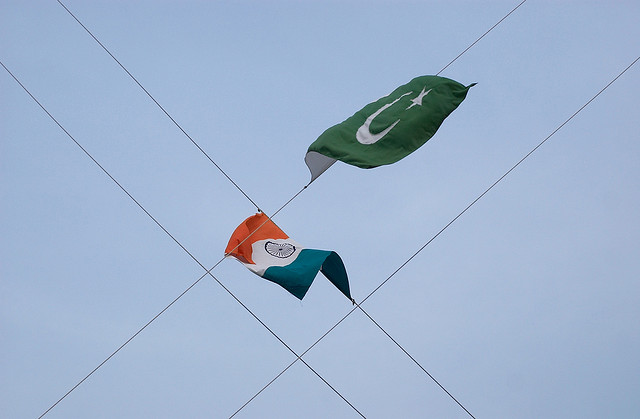The mountainous region of Indian-controlled Kashmir has once again become the epicenter of violent clashes, leaving a trail of tragedy and uncertainty. Over the past two days, the area has witnessed a series of gunfights, resulting in the loss of lives among Indian security personnel and rebels. This unsettling development underscores the long-standing tensions and complex dynamics that have defined the Kashmir conflict.
The recent surge in violence began when Indian government forces initiated a joint operation against militants late on a Tuesday evening in the Kokernag area of Kashmir’s Anantnag district. The operation was aimed at quelling the insurgency that has persisted in the region for decades.
After a brief lull overnight, the fighting resumed with renewed intensity on Wednesday, as an official army statement reports. Tragically, this resurgence of violence claimed the lives of two Indian soldiers (a colonel and a major) along with a dedicated police officer. However, there has been no official confirmation regarding any casualties among the militant groups involved in the Kokernag conflict.
On the same day, separate armed confrontation unfolded in the Rajouri district, a highly militarized region situated near the Line of Control, the de facto border dividing Kashmir between India and Pakistan. This skirmish led to the loss of one Indian soldier’s life, as well as the deaths of two militants, according to an official army statement released on Wednesday.
Meanwhile, the suffering of Kashmir’s people continues unabated, with human rights violations, particularly against women, continuing to be perpetrated. Indian security forces have committed abductions, harassment, and violence against women, ostensibly as “punitive measures” in response to resistance.
Amid the ongoing operations of the security forces in Jammu and Kashmir’s Anantnag, Union minister Rajeev Chandrasekhar issued a strong warning to India’s enemies. “India has seen war and does not want war but if you go to war with India, someone else will raise your children,” the minister tweeted. Replying to a tweet regarding the Army’s surveillance equipment and firepower, the minister wrote, “Indian Military [sic] is now a modernized high tech and lethal machine – make no mistake about it. You would be wise to avoid [antagonizing] it.”
In light of the recent violence, tensions between India and Pakistan have escalated, with accusations and counter-accusations adding fuel to the fire. Pakistani Foreign Ministry spokesperson Mumtaz Zehra Baloch expressed concerns about New Delhi possibly implicating Islamabad in the deaths of Indian security personnel, emphasizing India’s history of involving Pakistan in its domestic politics. Baloch even suggested the possibility that India may launch a “false flag operation.” Pakistan remains committed to independently verifying the facts surrounding the incident, she said, highlighting the need for unbiased reporting.
Kashmir, a region with a Muslim-majority population, is administered in parts by both India and Pakistan, while both nations claim it in its entirety. Additionally, a small portion of Kashmir is under Chinese control, further complicating the geo-political landscape.
The recent events in Kashmir serve as a stark reminder of just how thorny this long-standing conflict has become. While diplomatic efforts have intermittently aimed at resolving the disputes, a comprehensive and lasting solution remains elusive. A peaceful settlement which respects the aspirations and rights of the Kashmiri people is urgently needed. Until one can be negotiated, the region remains trapped in a cycle of violence, uncertainty, and geo-political tension, with the hope of a lasting resolution seemingly distant.


